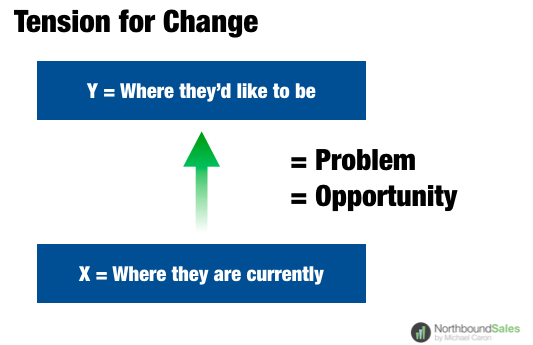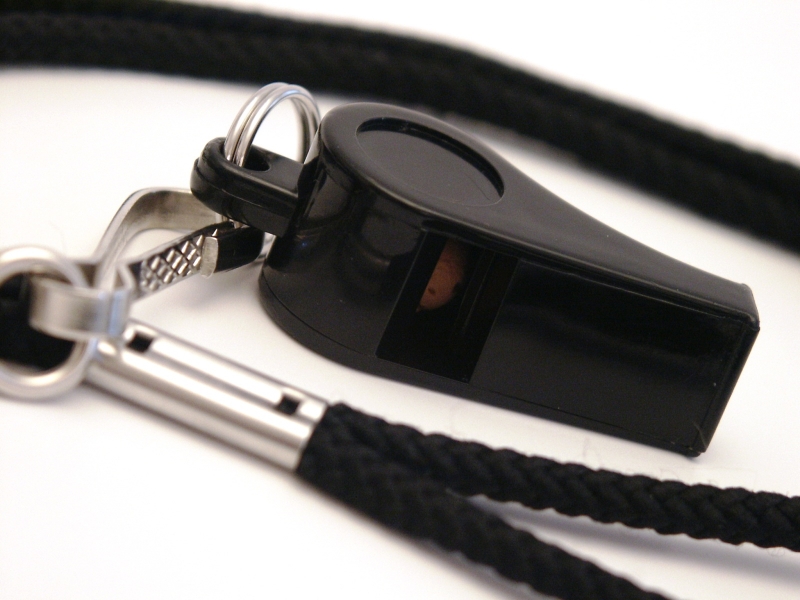Spring Program
Starts April 17
Our live instructor-led online program, Goal Aligned™ Selling, will give you the skills & strategies to close more sales.
Last fall, we launched our Goal Aligned™ Selling program for individual salespeople and the feedback was fantastic!
If you’re a sales manager, this is a perfect way to develop solid foundational selling skills for a select few members of your team!
B2B selling is evolving and is more challenging than ever and you’ll need to equip yourself with sharper selling skills to capitalize on every sales opportunity. Our 8 module Goal Aligned™ Selling program equips you with the essential skills, strategies & tools that will not only help you exceed your target this year, but also set you up for greater sales success for years down the road.
You will be part of a small cohort of like-minded sales professionals and be taken through a carefully honed module each week.
When? 8 weekly 2-hour Zoom sessions lead by our Founder & President, Michael Caron
What’s included? Includes PDF workbooks, field exercises & customizable templates, 90-day email reinforcement, networking with fellow participants
What’s the cost? $1,395
200% GuaranteeYour fee is totally refundable if you’re not completely convinced that Northbound’s program has given you skills and strategies to at least double your investment in the first year!
RecordingsAll sessions will be recorded for exclusive access for 60 days after
April 17 – Bulls Eye!: How to set and reach your goals
April 24 – Goal Aligned™ Time:Manage your most precious resource
May 1 – Selling to Different Buyer Types:Learn how to adjust your selling style for all types of buyers
May 8 – Connecting to the Big Cheese:Connect to high level prospects and book meetings with them
May 15 – Questions Are the Answer:Learn how to create and deliver the most powerful tool in your toolbox
May 22 – Goal Aligned™ Sales Interviews:Uncover your buyer’s needs in face-to-face or virtual selling situations
May 29 – Goal Aligned™ Sales Presentations:Deliverpowerful presentations that will close the sale
June 5 – Handling Objections:Learn how to deal with price and many other common objections that get in the way of making the sale.
To reserve a spot or for more information, contact Michael at [email protected].










